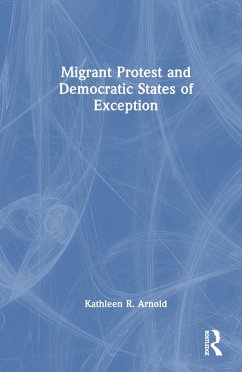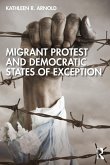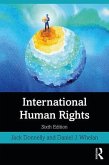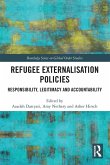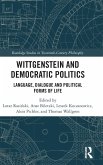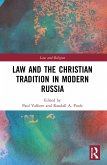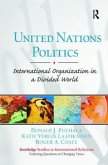Recognizing the radical disparity between migration/border policy and constitutional law "inside these borders," Kathleen R. Arnold focuses on two main forms of migrant protest to explore the meaning of resistance in a sovereign context: self-harming protest by detainees and faith-based sanctuary of individuals scheduled for detention.
This activism creates a "democratic state of exception," interrupting the legal process, altering discretionary forms of sovereign power, and enacting rights not formally granted; these efforts go beyond the assertion of liberal rights or merely restoring the rule of law (even if these are also goals), challenging the warfare state while constituting a demos that is formally illegible.
Migrant Protest and Democratic States of Exception will be of interest to scholars, migrant advocacy professionals (including INGO and IGO officers), graduate students, and advanced undergraduate students in a variety of fields from legal studies toforced migration and refugee studies, political science, human rights, protest history, and contemporary movements.
This activism creates a "democratic state of exception," interrupting the legal process, altering discretionary forms of sovereign power, and enacting rights not formally granted; these efforts go beyond the assertion of liberal rights or merely restoring the rule of law (even if these are also goals), challenging the warfare state while constituting a demos that is formally illegible.
Migrant Protest and Democratic States of Exception will be of interest to scholars, migrant advocacy professionals (including INGO and IGO officers), graduate students, and advanced undergraduate students in a variety of fields from legal studies toforced migration and refugee studies, political science, human rights, protest history, and contemporary movements.
"Kathleen Arnold has written a bold and brave book confronting the veritable rightlessness and legal non-personhood of unprecedented masses of migrants and refugees subjected to the detention power of the United States and Australia. While training her incisive critical acumen on the real prospect of various kinds of necropolitical atrocity within these regimes of immigrant detention, Arnold nevertheless reveals the radical potentialities of protest and the appropriation of freedoms that instigate discrepant claims to a sort of counter-sovereignty that exceed and sometimes transcend constituted statist regimes of "rights." In short, this book reveals the dynamic plenitude of politics that abound in the face of monumental carceral forms of border and immigration enforcement, as enacted by the humble but defiant persons who refuse their dehumanization. A work of tremendous uncompromising lucidity informed by deep compassion."
Nicholas De Genova, University of Houston
Nicholas De Genova, University of Houston

